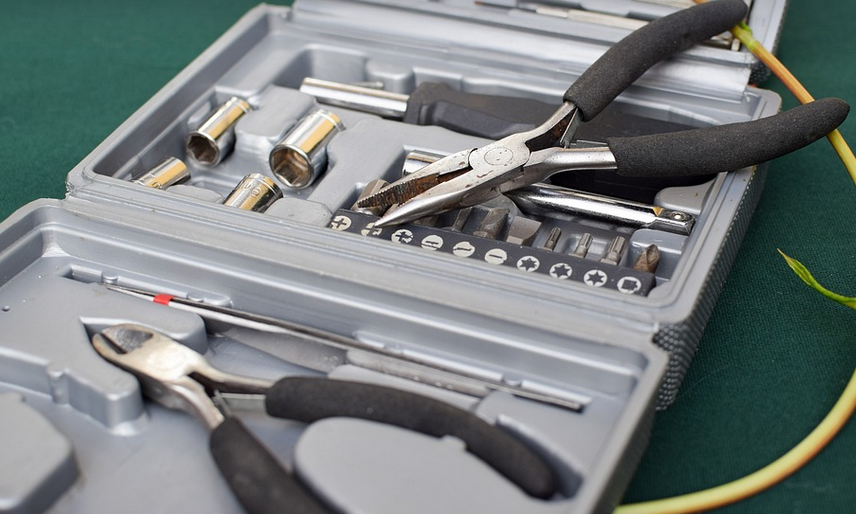The Mystery of the Flashing Brake Light
So, you’ve got that familiar alarm buzzing in your dashboard – the brake light is flashing, making those concerned eyebrows furrow. You’re probably wondering, “What’s going on? Is it anything serious?” Don’t panic! This common issue can often be relatively straightforward to fix.
The brake light on your dashboard is a crucial safety feature that alerts everyone around you about the car’s braking activity. It’s like a silent alarm, signaling potential hazards and prompting other drivers to take necessary precautions. If it suddenly starts flashing erratically, it can be alarming for sure. But don’t let this trigger unnecessary stress; understanding why your brake light is behaving oddly can help you tackle the problem efficiently.
Unraveling the Causes of Brake Light On and Off
Before we dive into potential fixes, it’s essential to understand what could be causing this erratic flashing. There are a few common culprits that contribute to this issue:
**1. Faulty Brake System:** The most likely culprit is an underlying problem with your car’s braking system itself. This might involve anything from worn brake pads or rotors to faulty brake fluid, or even problems with the anti-lock braking system (ABS). If these components aren’t working correctly, they can trigger a warning light on your dashboard.
**2. Sensor Malfunction:** Your car relies on various sensors for accurate braking information. These include wheel speed sensors and brake pressure sensors, which are responsible for detecting your braking force and sending data to the control unit. A malfunctioning sensor can lead to these lights flickering.
Investigating Further: The Diagnostic Route
Once you’ve ruled out the most common culprits, it becomes time to delve deeper into the mystery behind your flashing brake light. Regular car maintenance is key to keeping everything running smoothly. It’s a great idea to have your car checked by a professional mechanic for any potential issues. Here are some essential steps you can take:
* **Consult Your Owner’s Manual:** It might seem basic, but your owner’s manual often contains handy information about the brake system and troubleshooting tips for common problems. * **Check the Brake Fluid Level:** If your car has a dipstick to check the engine oil level, there is also an indicator for brake fluid levels. A low level could suggest bleeding or replacing the brake fluid. * **Visual Inspection:** Under normal circumstances, you should be able to carefully examine the brake pads and rotors for wear and tear. This may require some time, but it’s a great way to get a quick look at what might be causing your issue.
Solutions: The Fix-It Guide
Let’s explore some potential solutions to address this flashing brake light issue:
* **Replacing Worn Brake Pads and Rotors:** A worn brake pad or rotor is a common culprit behind these issues. Replacing them can restore your car’s braking efficiency, and you may be surprised by how much of a difference it makes!
**3. Professional Diagnosis:** For more complex problems with the braking system, you might consider taking your vehicle to a professional mechanic for diagnostics. They have specialized tools and expertise to identify specific issues, like faulty sensors or electrical wiring.
* **Resetting the Electronic System:** Sometimes, all it takes is a simple reset! In some cases, simply turning the ignition off and on again can restart the electronic system, resolving any temporary glitches in the brake light’s behavior.
**4. Battery Check:** A failing battery can also result in erratic dashboard warning lights, so don’t rule it out! If you suspect your car’s battery is weak or needing replacement, getting that checked by a professional is wise.
Tips for Prevention and Regular Maintenance
The best approach to preventing these flashing brake light issues is through proactive maintenance. Here are some tips:
* **Regular Brake System Checks:** Schedule regular inspection visits with your mechanic at least annually or every other year, depending on the make of your car and its mileage. This will help catch any potential problems early on.
**5. Keeping it Clean:** Regular car washes can do wonders for keeping your brakes looking good and functioning efficiently. Remember, dirt and grime buildup can interfere with your braking performance.
* **Driving Habits:** Maintain a smooth driving style to minimize wear and tear on brake pads and rotors. Avoid sudden braking or hard acceleration, as it will put more strain on your car’s systems.
**6. Understanding Your Brake System: A Quick Guide**
*** This article is just the starting point for learning about brake light problems. Always consult with a professional mechanic to address any serious issues and ensure the safety of yourself and everyone around you on the road!
